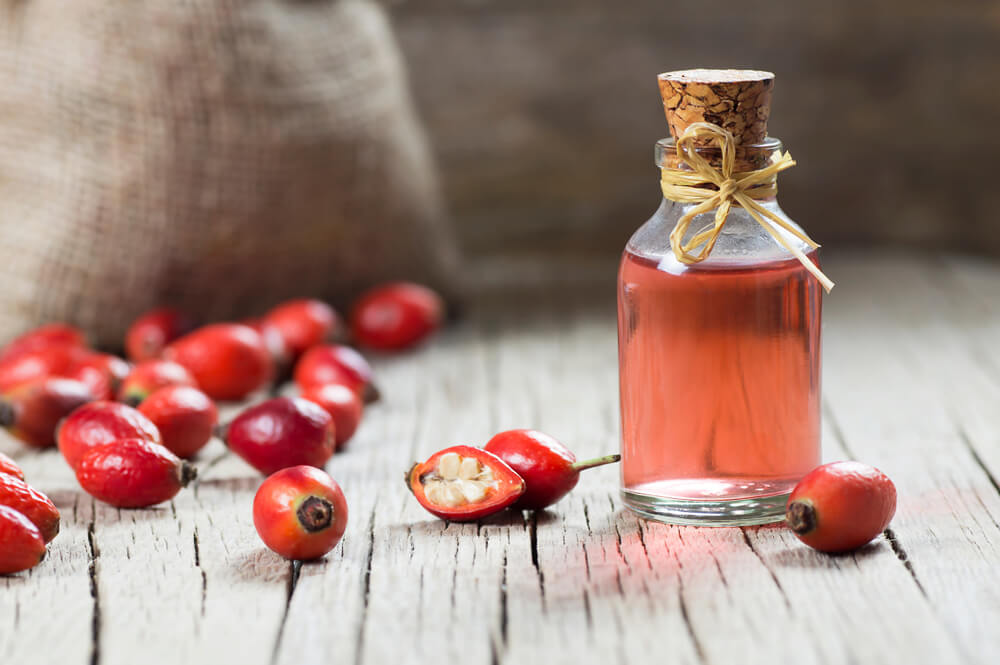Benefits of rosehips oil for hair and scalp
- Organic World > Hair and Natural Oils World
- benefits, dandruff, dry-scalps, hair-growth, hair-health, hair-oil, natural-oil, rosehips-oil
- 1,089
*Links : #CommissionsEarned Links.
See Also: Affiliate Disclosure

Rosehips have prophylactic and therapeutic actions against the common cold, infectious diseases, urinary tract diseases, gastrointestinal disorders, and inflammatory diseases.
Rosehip oil is usually used in traditional medicine for its purported anti-inflammatory and antimicrobial benefits. The rosehip oil extract is made from pressed seeds and fruit and it’s different from rose oil extracts, which are made from the actual rose flower petals.
In this post, we will explain to the benefits of rosehip oil for hair and scalp. But before that, let’s see some general benefits of rosehip oil.
Some general benefits of rosehip oil:
There are many benefits of rosehips oil for hair and scalp, but also there are other general benefits of rosehips oil such as:
- Rich in healthy fatty acids (such as Linoleic and Oleic acids)
- It can help fight free radicals, boost collagen, and moisturize the skin Because it contains antioxidants, such as Lycopene and vitamin C.
- It contains vitamin A, a fighter against acne, wrinkles, and sun damage.
How to apply a rosehip oil hair mask:
Many properties in rosehip oil can help increase the strength of your hair, promoting overall hair growth.
- You can apply rosehip oil directly to your hair.
(You can warm the oil a little before use.) - Massage the oil throughout your hair, and make sure that you cover each strand.
- Put a shower cap over your hair, and leave it on for up to 30 minutes.
- Rinse out the oil thoroughly before shampooing and conditioning.
How to use rosehip oil as a spot treatment for the scalp:
You can directly apply rosehip oil to your scalp as a spot treatment for dryness, dandruff, or an inflammatory skin condition. Be sure to use rosehip oil carefully, especially if you’re trying to treat any scalp condition.
- Massage the oil into your scalp.
- Then put on a shower cap.
- Finally, rinse with shampoo after about 20 to 30 minutes.
Risks and Allergies:
- Firstly, It’s important for you to know the differences between rosehip essential oil and traditional oils made from extracts.
- Rosehip extract doesn’t need to be diluted with carrier oil. you can use rosehip oil extract as a carrier oil for the essential oils.
- However, It’s recommended to patch-test a small amount of rosehip on another area of skin before applying liberally to your scalp.
- When you’re using an essential oil, dilute with a carrier oil first. Then, apply the oil to the inside of your elbow, and wait for 24 hours to see if there are any allergic reactions develop.
Important Notices:




 (43 votes, average: 5.00 out of 5)
(43 votes, average: 5.00 out of 5)


